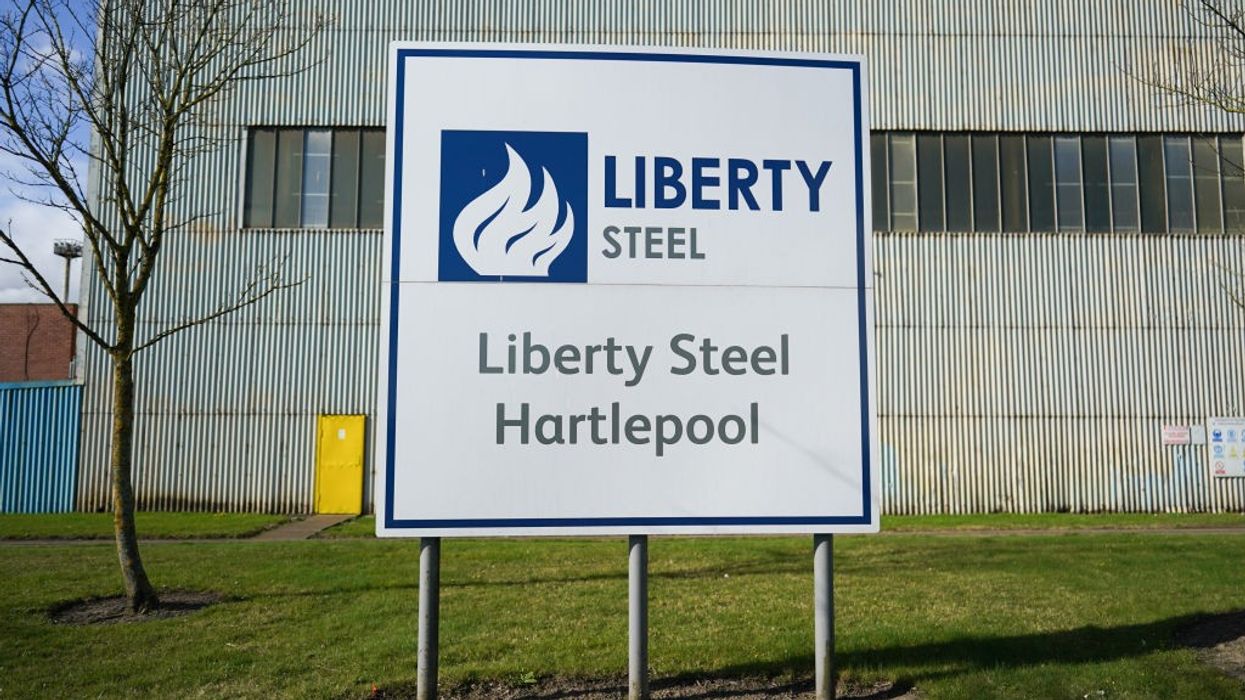FOLLOWING the collapse of its financier Greensill, Liberty Steel on Monday (24) launched a major restructuring plan to sell part of its UK assets.
Liberty, which is owned by British-Indian billionaire Sanjeev Gupta’s GFG Alliance, said in a statement that it will look to sell its steel plant in Stocksbridge, northern England, and other facilities which together employ about 1,500 staff.
"As part of this restructuring Liberty will look to sell its aerospace and special alloys steel business in Stocksbridge,” said the statement, which comes after a series of weekend meetings held in Dubai between Gupta and major lender Credit Suisse.
The investment bank has, meanwhile, reportedly agreed to pause court proceedings against Gupta's empire while the sale of Stocksbridge is conducted.
The company has also started a formal sale process for Liberty Pressing Solutions in Coventry, central England, and Liberty Aluminium Technologies, which has sites in nearby Kidderminster and in Essex in the southeast. Its manufacturing facilities in West Bromwich in central England and in Brinsworth in the north are also up for sale.
Liberty Steel has been working on a refinancing plan since its main lender Greensill Capital collapsed earlier this year.
GFG has operations in more than 35 countries across the world, and annual global revenues of about $20 billion according to its website. The group has 35,000 staff worldwide, including 5,000 in Britain where its Liberty Steel division is based. However, its affair with Greensill shone a light on Gupta's own criticised business practices, with the UK government describing the GFG structure as "very opaque.”
The news of the refinancing plan comes as the UK’s Serious Fraud Office (SFO) and the Financial Conduct Authority (FCA) launched investigations into the relationship between Liberty and its now-defunct controversial lender Greensill Capital. The company has said that it will cooperate in the investigation as it continues its refinancing efforts.




